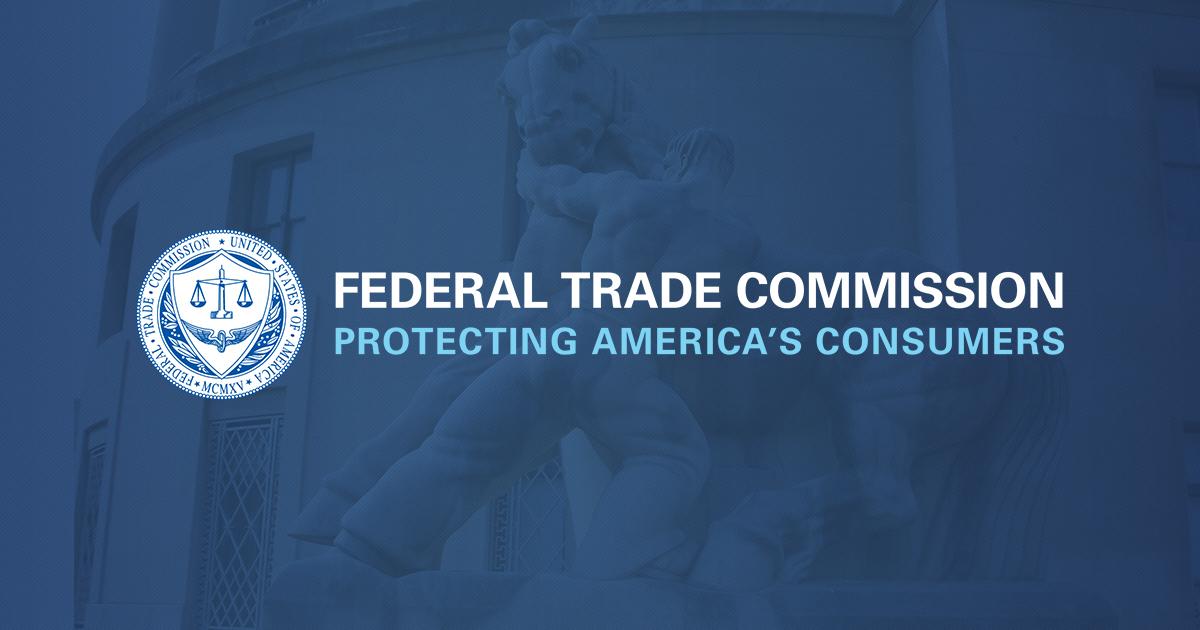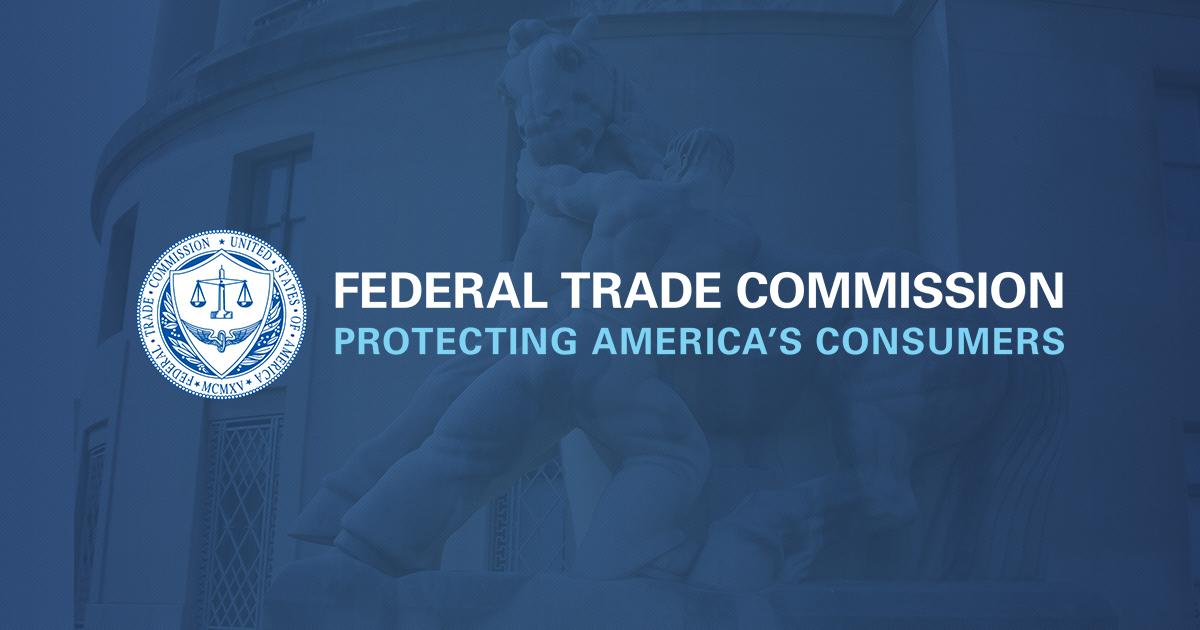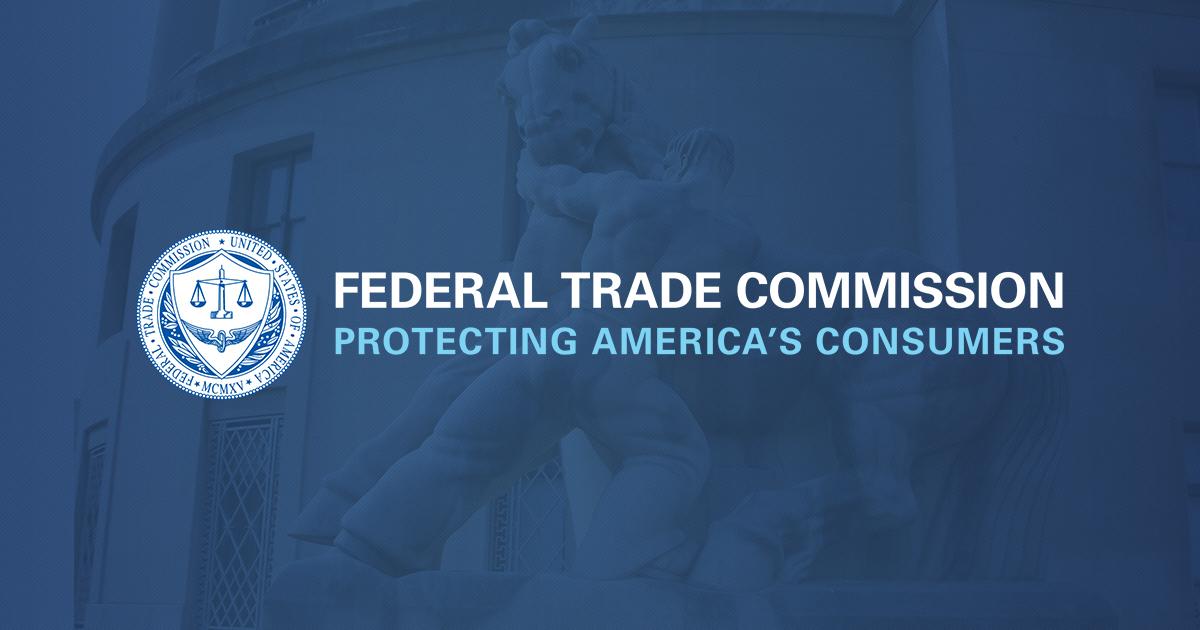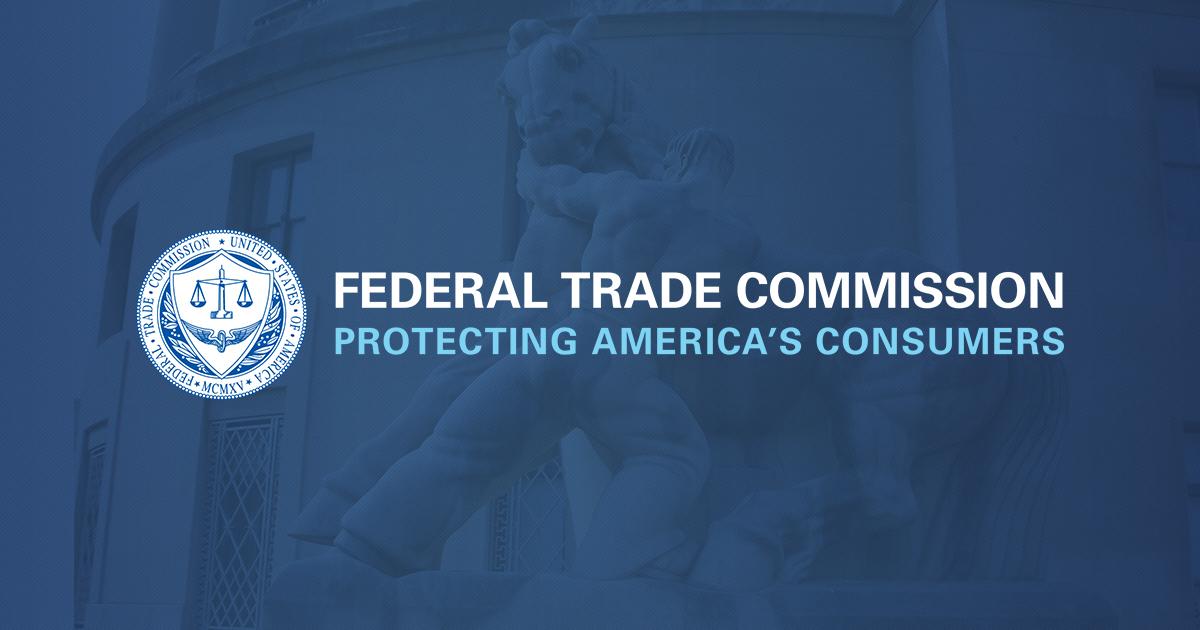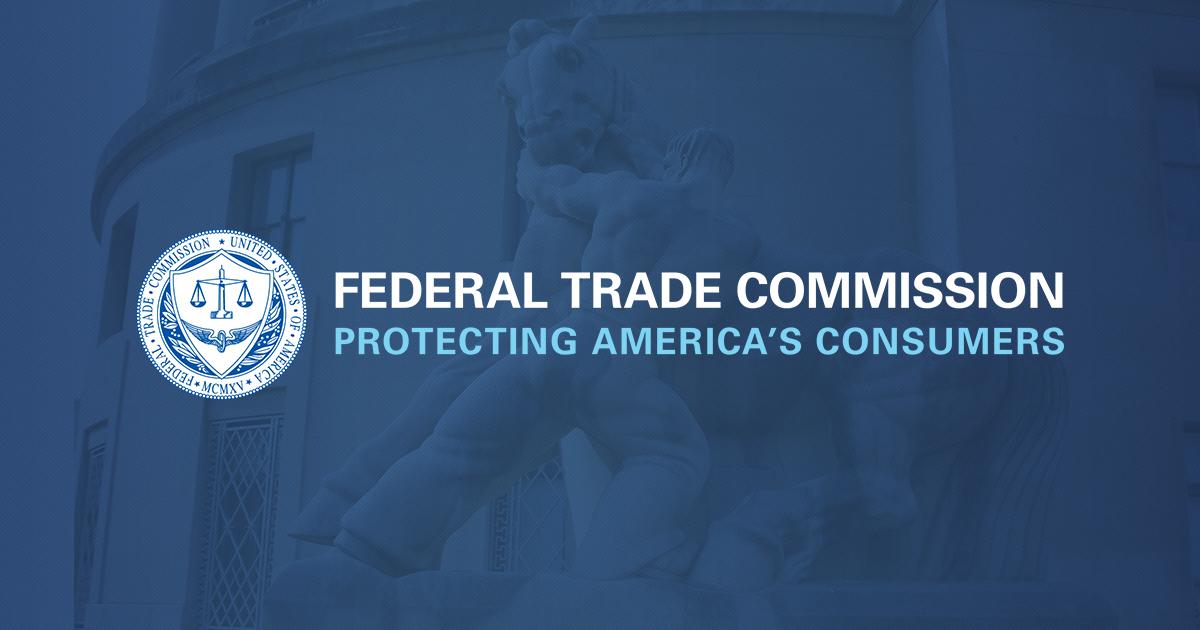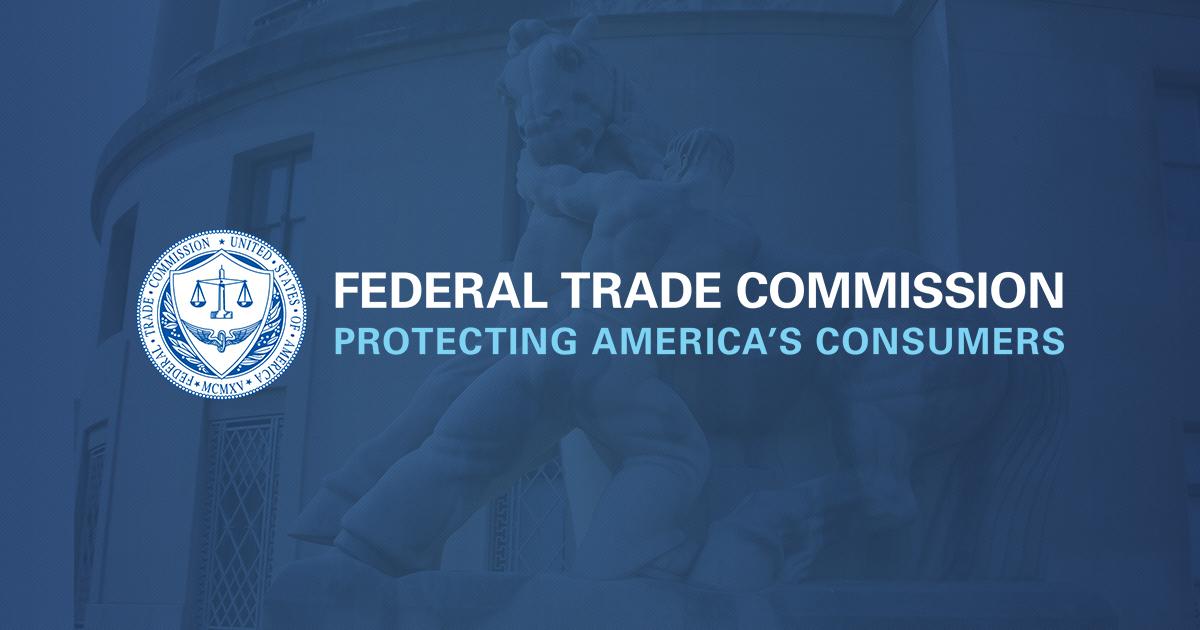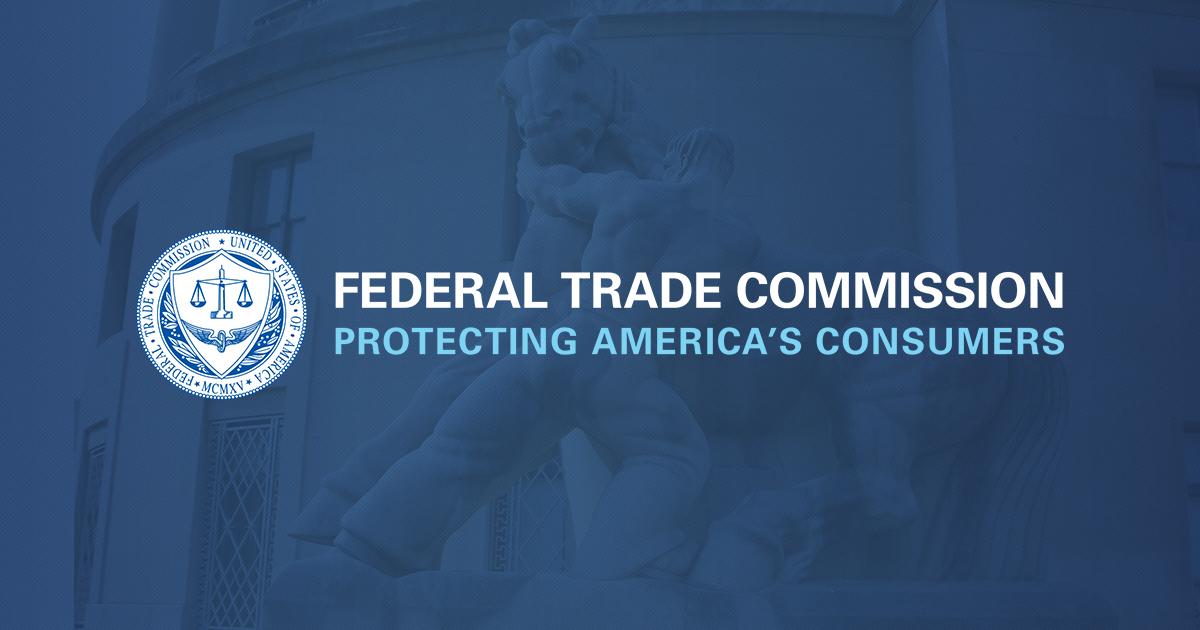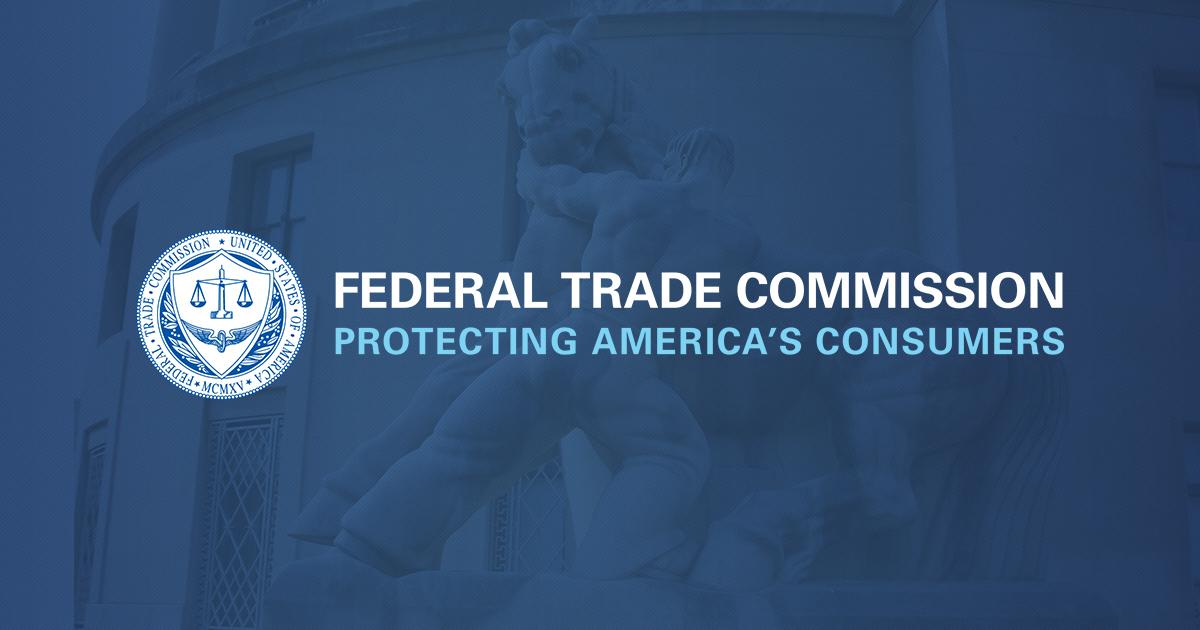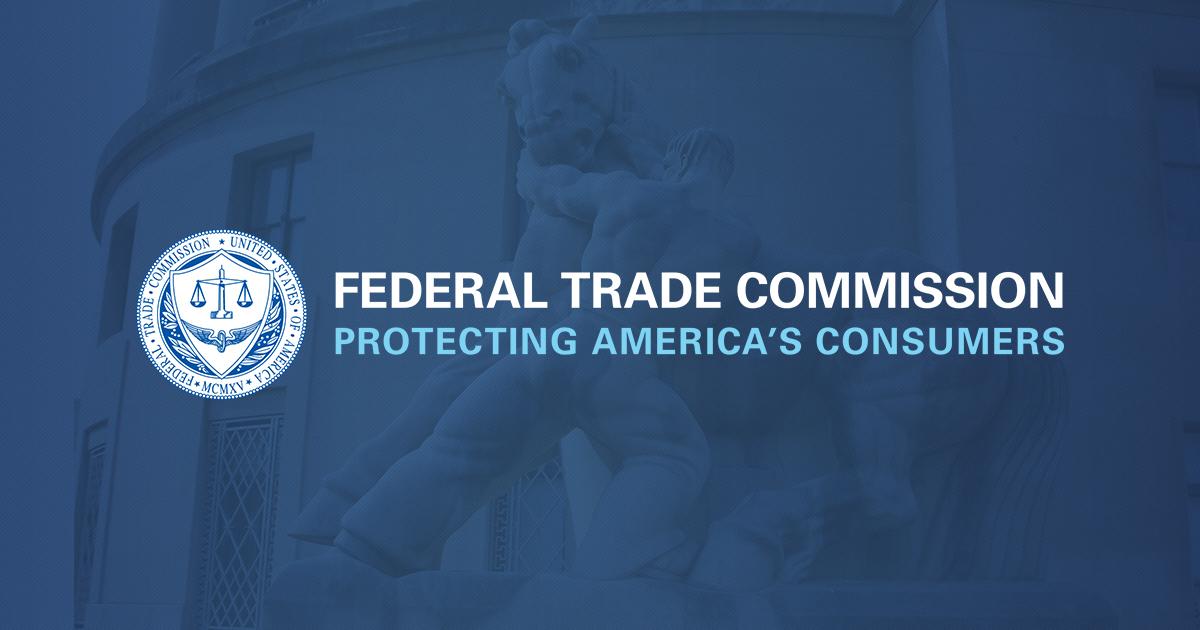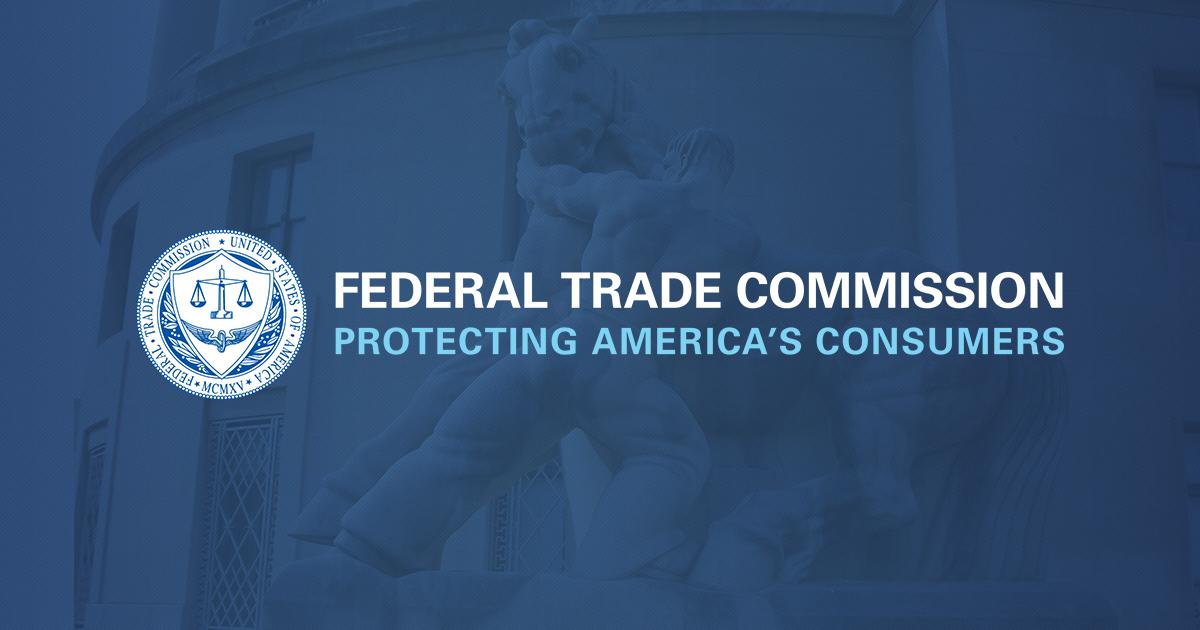The Federal Trade Commission today filed a complaint in federal district court against Cephalon, Inc., a pharmaceutical company based in Frazer, Pennsylvania, for a course of anticompetitive conduct that is preventing competition to its branded drug Provigil. The conduct includes paying four firms to refrain from selling generic versions of Provigil until 2012. Cephalon’s anticompetitive scheme, the FTC states, denies patients access to lower-cost, generic versions of Provigil and forces consumers and other purchasers to pay hundreds of millions of dollars a year more for Provigil.
According to the Commission’s complaint, filed in the U.S. District Court for the District of Columbia, Cephalon entered into agreements with four generic drug manufacturers that each planned to sell a generic version of Provigil. Each of these companies had challenged the only remaining patent covering Provigil, one relating to the size of particles used in the product. The complaint charges that Cephalon was able to induce each of the generic companies to abandon its patent challenge and agree to refrain from selling a generic version of Provigil until 2012 by agreeing to pay the companies a total amount in excess of $200 million. In so doing, Cephalon achieved a result that assertion of its patent rights alone could not.
“Today’s suit against Cephalon seeks to undo a course of anticompetitive conduct that is harming American consumers by depriving them of access to lower-cost generic alternatives to an important branded drug,” said FTC Bureau of Competition Director Jeffrey Schmidt. “Cephalon prevented competition to Provigil by agreeing to share its future monopoly profits with generic drug makers poised to enter the market, in exchange for delayed generic entry. Such conduct is at the core of what the antitrust laws proscribe.”
The FTC’s Complaint
The court action filed today concerns conduct by Cepahlon to prevent lower-cost generic competition to one of its key products, the branded prescription drug Provigil. Provigil is approved to treat excessive sleepiness in patients with sleep apnea, narcolepsy, and shift-work sleep disorder. With U.S. sales of Provigil totaling over $800 million in 2007, and accounting for more than 40 percent of Cephalon’s total sales, the prospect of generic competition was a major financial threat to the company, the complaint states. Generic entry can significantly reduce the sales of existing branded drugs, and Cephalon knew that it would profit by keeping lower-cost generic alternatives to Provigil off the market, the agency contends.
According to the Commission, by late 2005, generic competition to Provigil appeared imminent. Several years earlier, on the first day permitted by regulation, four companies – Teva Pharmaceuticals USA, Inc. (Teva), Ranbaxy Pharmaceuticals, Inc. (Ranbaxy), Mylan Pharmaceuticals Inc. (Mylan), and Barr Laboratories, Inc. (Barr) – submitted applications with the U.S. Food and Drug Administration (FDA) to market their own generic versions of Provigil. Each company had either designed around, or challenged the validity of, the only remaining patent on Provigil – a narrow formulation patent related to the size of the particles used in the product. Cephalon filed patent litigation against each of the generic companies. By late 2005, however, the patent litigation was still pending and Cephalon, the generic firms, and Wall Street analysts all expected generic Provigil entry in the near term.
Facing the prospect of billions of dollars in lost revenue, Cephalon entered into agreements through which it compensated each of the four generic companies to settle the patent litigation and agree to forgo generic entry until April 2012, the FTC alleges. These agreements contained payments to the generic companies totaling more than $200 million.
No other generic company could compete with branded Provigil, unless and until all four “first filers” either relinquished their marketing exclusivity or 180 days after one of them entered the market. Cephalon therefore was able to erect a barrier that protected it from other companies that have also sought approval to sell generic Provigil.
According to the Commission’s complaint, Cephalon’s conduct in entering into patent-litigation settlements that included compensation designed to prevent generic competition was, and continues to be, anticompetitive, an abuse of monopoly power, and unlawful under Section 5(a) of the FTC Act.
The FTC contends that Cephalon’s conduct to thwart generic entry denied, and continues to deny, consumers access to lower-cost generic versions of Provigil. It estimates that by entering into the agreements, Cephalon forced patients and other consumers to pay hundreds of millions of dollars more a year than they otherwise would have.
Relief Sought
In filing its complaint, the FTC is seeking a permanent injunction against Cephalon that would allow generic Provigil entry before 2012. Further, it is seeking a final court judgment against Cephalon declaring that its course of conduct, including its agreements with Teva, Ranbaxy, Mylan, and Barr, violates Section 5(a) of the FTC Act and barring Cephalon from engaging in similar or related conduct in the future.
The Commission vote approving the complaint was 5-0, with Commissioner Jon Leibowitz issuing a separate statement concurring in part and dissenting in part, which can be found as a link to this press release and on the FTC’s Web site. Commissioner Leibowitz voted to join the Commission’s decision to bring an action against Cephalon, noting that pay-for-delay settlements cost consumers and the federal government billions of dollars in excess charges. He wrote that, “I also would have named as a defendant any generic company that took these pay-offs and now refuses to relinquish their 180-day exclusivity, thus blocking generic entry into the Provigil market that otherwise could occur in 2008.”
NOTE: The Commission authorizes the filing of a complaint when it has “reason to believe” that the law has or is being violated, and it appears to the Commission that a proceeding is in the public interest. A complaint is not a finding or ruling that the defendants have actually violated the law.
Copies of the Commission’s complaint are available from the FTC’s Web site at http://www.ftc.gov and also from the FTC’s Consumer Response Center, Room 130, 600 Pennsylvania Avenue, N.W., Washington, D.C. 20580. The FTC’s Bureau of Competition works with the Bureau of Economics to investigate alleged anticompetitive business practices and, when appropriate, recommends that the Commission take law enforcement action. To inform the Bureau about particular business practices, call 202-326-3300, send an e-mail to [email protected], or write to the Office of Policy and Coordination, Room 394, Bureau of Competition, Federal Trade Commission, 600 Pennsylvania Ave, N.W., Washington, DC 20580. To learn more about the Bureau of Competition, read “Competition Counts” at http://www.ftc.gov/competitioncounts.

